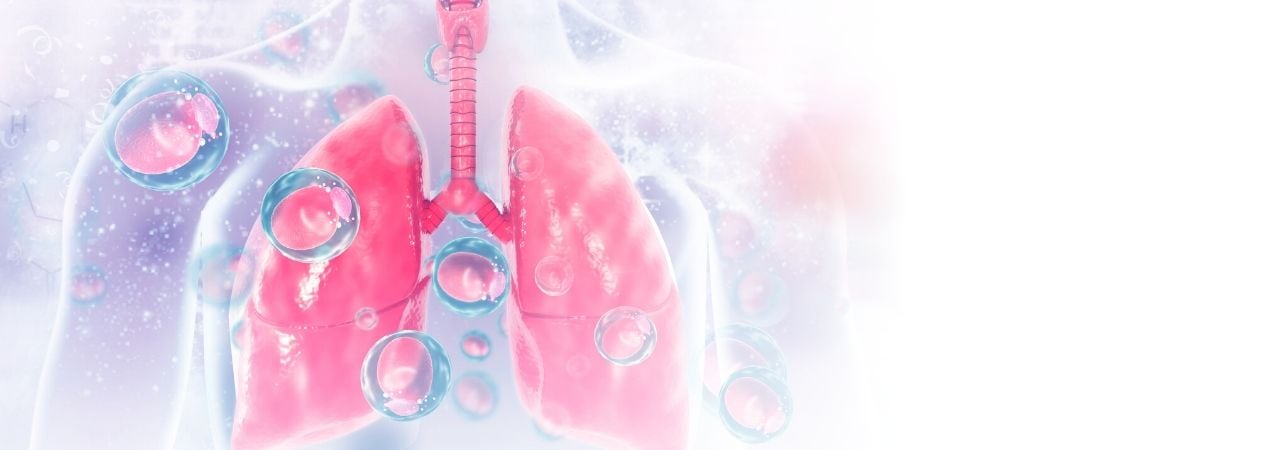Lung Cancer Awareness – A Preventative Discussion with a Bronson Specialist
 Dr. Timothy Cox, medical oncologist at Bronson Oncology & Hematology Specialists, offers the following advice to help you lower your chances of developing the disease through education and early detection.
Dr. Timothy Cox, medical oncologist at Bronson Oncology & Hematology Specialists, offers the following advice to help you lower your chances of developing the disease through education and early detection.
What is Lung Cancer?
The lungs are two spongy organs in the chest that take in oxygen when you inhale and release carbon dioxide when you exhale. It is estimated that over 200,000 cases of lung cancer are diagnosed in the U.S. each year. Although smoking is, by far, the most common risk factor for developing lung cancer, you do not need to be a smoker to get lung cancer. Of all cancers in the U.S., lung cancer causes the most cancer-related deaths among both men and women.
What Are Some Risk Factors?
- Smoking: As the number one risk factor for lung cancer, people who smoke cigarettes are 15-30 times more likely to develop, and die from, lung cancer than non-smokers. If you do smoke or use other tobacco products, it’s important to find a smoking cessation class to help you quit. Not only will this help you reduce your risk of developing lung cancer, but it can also improve your blood pressure, cholesterol and lower your risk factors for heart disease.
- Exposure to secondhand smoke: Scary fact – 7,300 people who have never smoked in their life die of second hand smoke every year. If you are regularly breathing in someone else’s cigarette, pipe or cigar smoke, you are putting yourself in harm’s way.
- Exposure to radon gas: Did you know that approximately 1 in 15 houses are thought to have high radon levels? This naturally occurring gas comes from rocks and dirt, and can get trapped inside homes and buildings. Protect you and your loved ones with a home radon detector. Different types of tests are available, and are often quite affordable.
- Exposure to asbestos and other carcinogens: Some workplaces can cause you to have an increased exposure to cancer-causing substances, like arsenic, chromium and nickel. These are dangerous and are known to cause lung cancer.
- Family history: As with all cancers, genetics can put certain people at an increased risk. If your immediate family members have or had lung cancer, you may be more prone to developing the disease, too.
How Often Should I Be Screened?
Lung cancer screenings are not common. The Centers for Disease Control only recommend adults who have no symptoms, but are at high risk for developing the disease, be screened.
What Are Signs of Lung Cancer?
- Coughing that gets worse or doesn’t go away
- Chest pain
- Shortness of breath
- Wheezing
- Coughing up blood
- Feeling very tired all the time
- Weight loss with no known cause
How Can I Reduce My Risk?
- Don’t smoke.
- Avoid secondhand smoking.
- Get your home tested for radon.
- Eat a fruits and vegetables.
- Exercise regularly.
Keep Your Lungs Healthy
If you experience lung issues, trust your care to Bronson’s respiratory team. Whether you’re suffering from asthma, COPD, cystic fibrosis, or you think you have symptoms of lung cancer, high-quality care is available across southwest Michigan. Learn more now.
High-Quality Cancer Care Close to Home
If you receive a cancer diagnosis, trust southwest Michigan’s most preferred healthcare system. Bronson Cancer Centers - located in Battle Creek and Kalamazoo - offer a comprehensive approach to care that surrounds with the expertise, technology, resources and positivity that you and your family need for your cancer journey. Learn more about Bronson's regional cancer program, including our nationally-recognized center in Battle Creek, at bronsonhealth.com/cancer.


Dr. Timothy Cox
As a medical oncologist at Bronson, Dr. Cox specializes in treating solid tumor cancers and blood disorders. He is passionate about providing patients with the highest quality of care, while treating them with respect, compassion and dignity.
Discover His Approach to Care